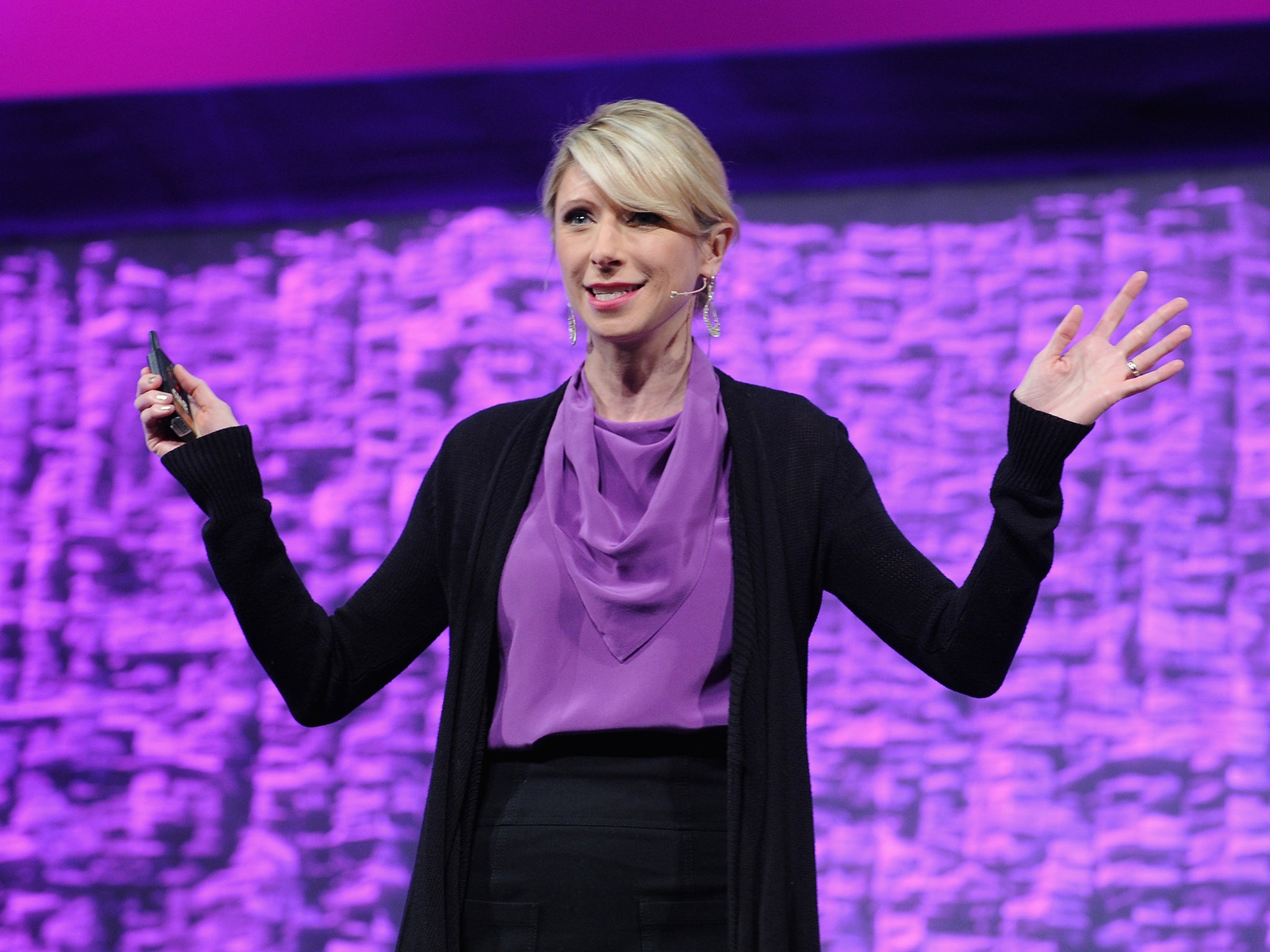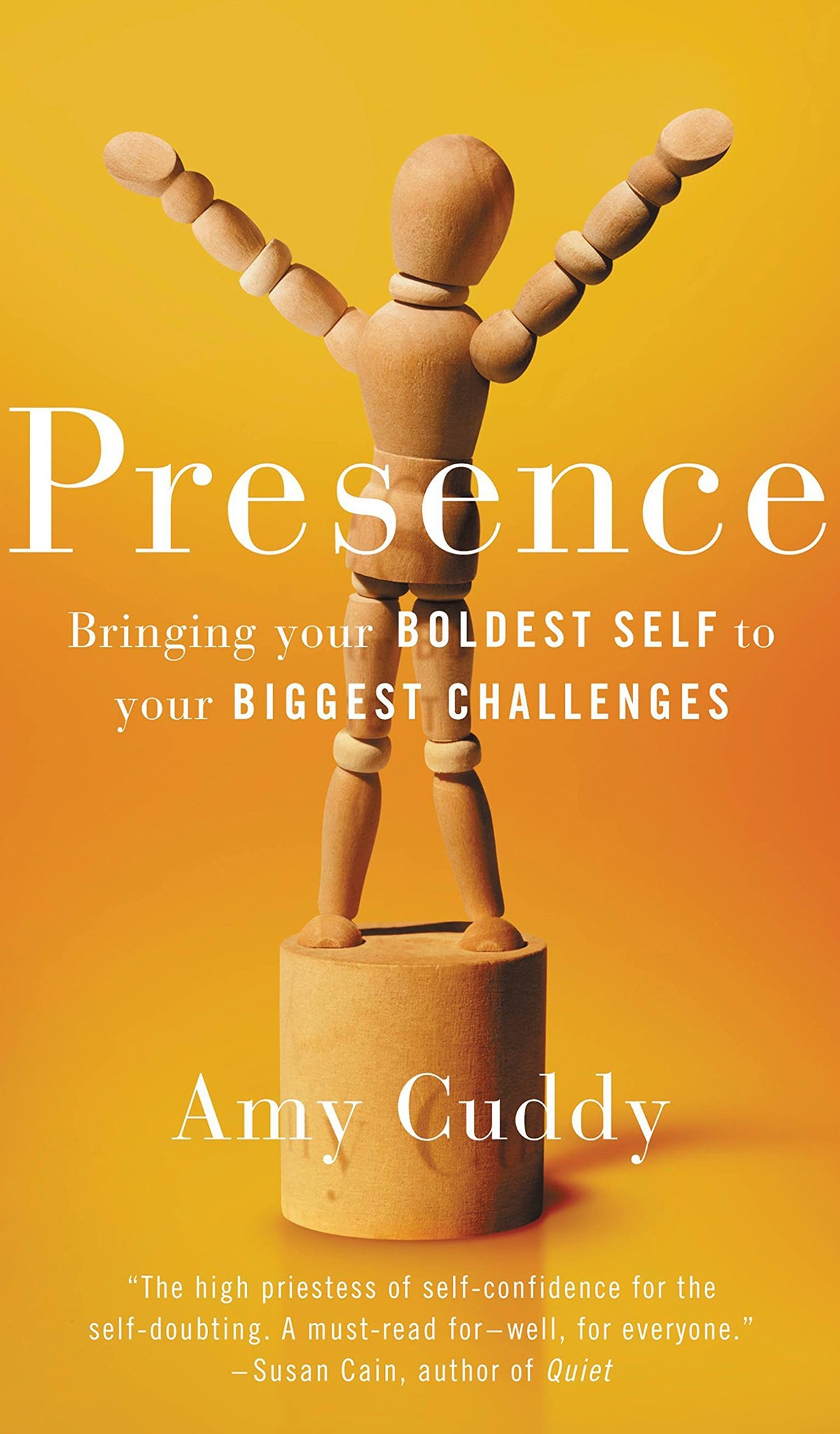The Independent's journalism is supported by our readers. When you purchase through links on our site, we may earn commission.
How to tell if somebody is lying: A Harvard psychologist explains
Amy Cuddy says the best way to spot deception is to look for discrepancies across multiple communication channels

Your support helps us to tell the story
From reproductive rights to climate change to Big Tech, The Independent is on the ground when the story is developing. Whether it's investigating the financials of Elon Musk's pro-Trump PAC or producing our latest documentary, 'The A Word', which shines a light on the American women fighting for reproductive rights, we know how important it is to parse out the facts from the messaging.
At such a critical moment in US history, we need reporters on the ground. Your donation allows us to keep sending journalists to speak to both sides of the story.
The Independent is trusted by Americans across the entire political spectrum. And unlike many other quality news outlets, we choose not to lock Americans out of our reporting and analysis with paywalls. We believe quality journalism should be available to everyone, paid for by those who can afford it.
Your support makes all the difference.You may think that fidgeting and not making eye contact are telltale signs that someone's lying to you. But according to Harvard Business School professor Amy Cuddy, there is no one nonverbal cue that's a dead giveaway.
In her new book "Presence," the psychologist says that instead of looking for one big "reveal," the best way to spot deception is to look for discrepancies across multiple channels of communication, including facial expressions, posture, and speech.
"Lying is hard work," Cuddy says. "We're telling one story while suppressing another, and if that's not complicated enough, most of us are experiencing psychological guilt about doing this, which we're also trying suppress.
"We just don't have the brainpower to manage it all without letting something go — without 'leaking.'"
Cuddy's new book explores how to feel more confident.
The best way to catch these "leaks" is to look for differences between what people are saying and what they are doing, she says. Conflicting emotions, like a happy tone of voice paired with an agitated facial expression, can be particularly telling.

Unfortunately, people are generally pretty bad at spotting lies. They successfully identify lies only slightly better than someone simply guessing, Cuddy says. The problem is most of us focus too much on the content of what people are saying, and not enough on their actions and the alignment between the two.
She cites a study by Harvard psychologist Nancy Etcoff that found that people with a language-processing disorder were significantly better at spotting liars than those without the disorder, likely because they were not distracted by the words being said.
"When we're consciously looking for signs of deception or truth, we pay too much attention to words and not enough to the nonverbal gestalt of what's going on," Cuddy says. "Truth reveals itself more clearly through actions than it does through our words."
Read more:
• Google chairman: AI platforms can 'change the world'
• Morgan Stanley allowed its staff to use Airbnb
• Analysts predicting a decline in iPhone sales
Read the original article on Business Insider UK. © 2015. Follow Business Insider UK on Twitter.
Join our commenting forum
Join thought-provoking conversations, follow other Independent readers and see their replies
Comments